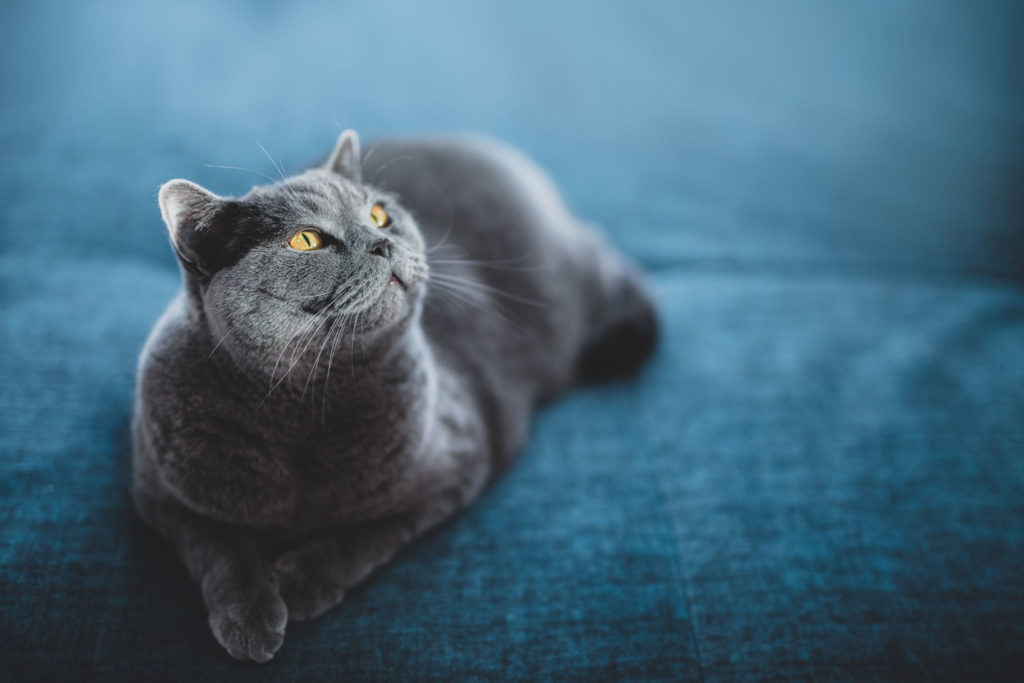British Shorthair cats have many positive traits, including their relatively calm nature (especially as compared to other shorthair cats). Also, they are blessed with a lack of breed-specific diseases. However, there are a few things to consider before adopting a British Shorthair cat.
These felines do not like to be carried. If that’s important to you, it would be best to consider another breed. Likewise, British Shorthair cats get very attached to their humans and other pets in the home. So, if you want the stereotypical cat that keeps humans at a distance, a British Shorthair isn’t for you.
The good news is these cats are easy to train, very affectionate, and easily adapt to new environments and circumstances.
Quick Facts
Size: medium to large; females tend to weigh 9 to 15 pounds and males can range from 12 to 18 pounds.
Coat: short, plush, and dense.
Color: a variety of patterns and shades are possible, including black, blue, cream, gold, grey, red, silver, and white.
Additional Considerations
British Shorthair cats are so popular they rarely end up in shelters.
British Shorthair cats are at their best when their human family members do not leave them alone for long periods of time. Traditionally, these felines get along well with all other types of pets — including dogs of all sizes, birds, and even rabbits. They are not really hunters and are not extremely vocal.
If you’re looking for an affectionate, calm, beautiful, and polite cat who won’t meet the stereotype of hiding from people, a British Shorthair may very well be right for you.

